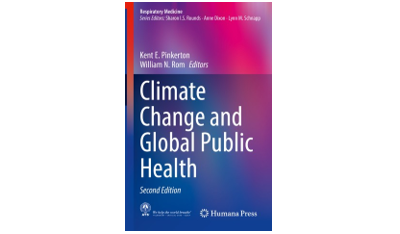December 31, 2020
December 2020 at Policy Integrity
- Policy Impacts in 2020
- Litigation Updates: Methane Emissions, Federal Water Protections
- Improving the Power Grid: New Report and Event
- Reviving Rationality: Recent Discussions and Podcasts
- Uprooting Old Laws to Make Climate Progress
- Commentary: Climate Policy for the GSA, Utility Disclosure
- In the News: The Last Wave of Trump-Era Deregulation
- Publication Update: Lienke’s Book Chapter on EPA Climate Policy
- More from December 2020
-
Policy Impacts in 2020
The Institute for Policy Integrity had a very productive year in 2020. You can read about our policy impacts in Richard Revesz’s end-of-year note.
-
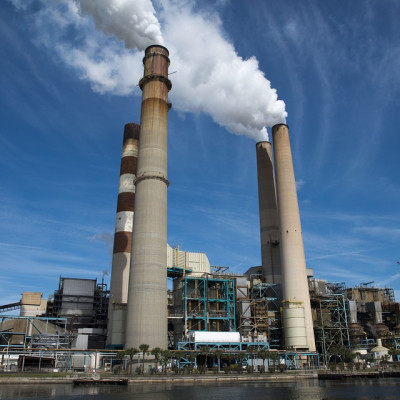
Litigation Updates: Methane Emissions, Federal Water Protections
The Environmental Protection Agency recently finalized a rollback of methane and volatile organic compound emissions limits for the oil and natural gas sector. We filed an amicus brief in the U.S. Court of Appeals for the D.C. Circuit focusing on EPA’s failure to grapple with the health and environmental costs of this policy change.
The EPA’s Navigable Waters Protection Rule considerably restricts the waters and wetlands that are federally protected under the Clean Water Act. Our most recent amicus brief, filed in the District of Massachusetts, explains how the rule’s analysis misrepresents environmental costs and compliance cost savings. We also supported a challenge to the rule in the District of Maryland.
-
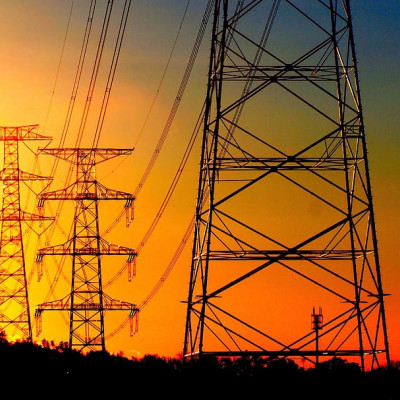
Improving the Power Grid: New Report and Event
Expanding and strengthening interstate electricity transmission could play a key role in the transition to a zero-carbon power sector. Our new report, jointly published with Columbia SIPA’s Center for Global Energy Policy, examines how the Department of Energy and the Federal Energy Regulatory Commission can overcome state regulatory obstacles to the development of long-distance transmission capacity. We also co-hosted an event with CGEP, bringing together experts to discuss our research and policy recommendations. A video recording is available online.
-
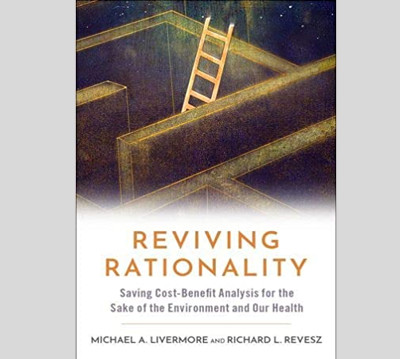
Reviving Rationality: Recent Discussions and Podcasts
Michael Livermore and Richard Revesz’s new book details how future administrations must approach the difficult task of rebuilding a rational regulatory system following Trump-era attacks on the role of analysis and expertise in decisionmaking. We hosted a conversation between the authors and Pulitzer Prize-winning journalist Juliet Eilperin. A video and audio recording are available online. In additional book events hosted by Resources for the Future and NYU School of Law, the authors spoke with other experts on environmental regulation.
You can hear more from Livermore and Revesz on recent podcasts. They were guests on the Environmental Law Institute’s People Places Planet podcast. Revesz also joined Harvard’s Robert Stavins on his Environmental Insights podcast to discuss what the Biden administration can do to improve U.S. environmental and climate policy.
-
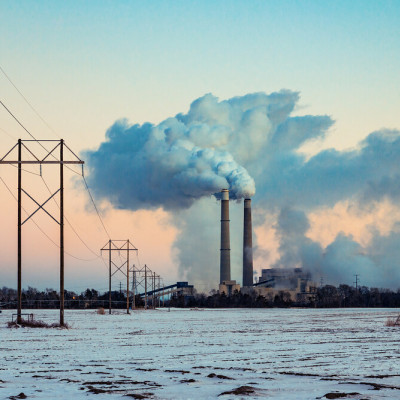
Uprooting Old Laws to Make Climate Progress
New York state is home to a nation-leading climate change law, but it is also home to long-standing legal frameworks that enable—and, in some cases, encourage—the consumption of fossil fuels. Justin Gundlach and the Environmental Defense Fund’s Elizabeth Stein published a piece in Law360 arguing that New York and other states must deal with old laws head-on in order to make critical climate progress. Their academic article in the Energy Law Journal explores this topic in depth. Policy Integrity will be hosting a related online discussion later in January with Gundlach, Stein, and a panel of experts.
-
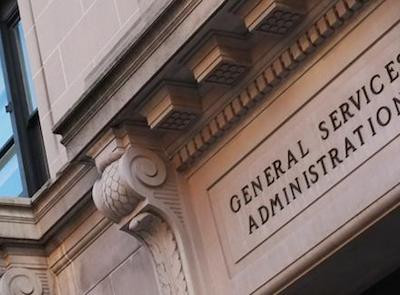
Commentary: Climate Policy for the GSA, Utility Disclosure
Although it made headlines for obstructing the presidential transition process, the General Services Administration will likely reassume its typical low profile. But the Biden administration, as Derek Sylvan explains in The Hill, could use this oft-overlooked agency to help achieve ambitious climate goals through reformed federal purchasing practices.
In a move that encourages meaningful climate action nationwide, New York’s state energy regulator called on utilities to disclose the financial risks they face due to climate change. Justin Gundlach co-authored a piece in Utility Dive highlighting the policy, which creates an important roadmap for other states to follow as they work to accelerate progress in the utility sector. We also collaborated with EDF and the Sabin Center for Climate Change Law to voice support for New York’s approach.
-
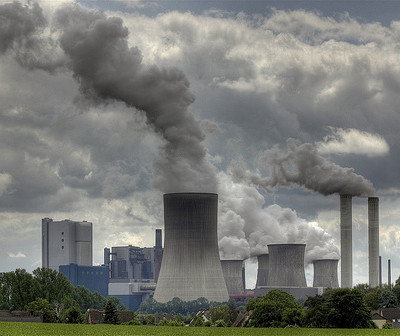
In the News: The Last Wave of Trump-Era Deregulation
The Trump administration finalized a rule changing how the EPA must calculate the costs and benefits of Clean Air Act regulations, hampering the agency’s ability to issue strong public health safeguards. The Washington Post’s coverage includes commentary from Richard Revesz, who emphasized that the new approach to economic analysis is blatantly irrational. Jack Lienke told The New York Times that the rule, while inconvenient, will be promptly undone by the Biden administration: “It’s like breaking all the calculators on the way out the door. The people coming in can buy new calculators.”
In recent days, the Trump administration finalized additional last-minute rules that have long been sought by major polluting industries. Revesz spoke with The New York Times about the rollback of migratory bird protections and with the Associated Press about the EPA’s science transparency rule, which excludes important research from the design of public health protections.
-
Publication Update: Lienke’s Book Chapter on EPA Climate Policy
EPA’s approach to climate policy has evolved rapidly over the past two decades, varying significantly under the Bush, Obama, and Trump administrations. Jack Lienke’s new book chapter in Climate Change and Global Public Health examines these changes and explores the role of the Supreme Court in shaping each administration’s legacy.
-
More from December 2020
We also submitted comments or reply comments on:


